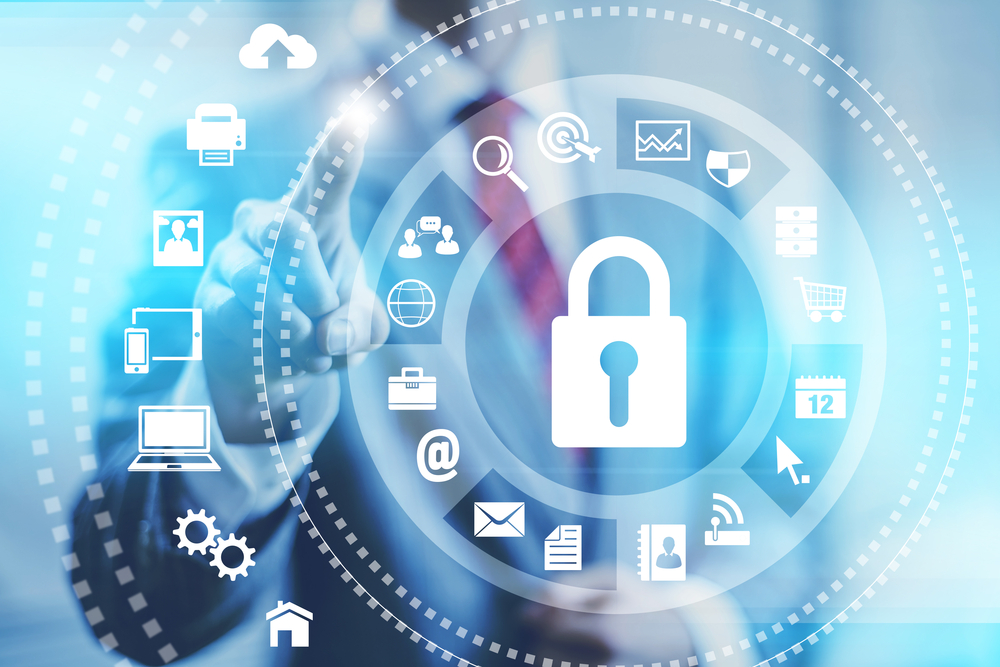Automated Security is a Key Component to Digital Transformation

Digital transformation is changing the way organizations operate. Especially as workforces transitioned to working from home in 2020, digital transformation, or the process of transitioning to digital technologies, has become even more urgent. Digital transformation is no longer a nice to have business process, or innovative issue for only the most forward-thinking companies; it’s critical to survival so that organizations can adapt quickly.
One reason for the appeal of digital transformation is that manual processes can become automated, saving businesses time, money and reducing human error; thus, digital transformation and automation go hand in hand. However, while organizations undergo digital transformation, it is also a critical time to consider security, especially of your Public Key Infrastructure (PKI). Amidst digital transformation, the threat vector for digital certificates is growing exponentially, as organizations have more and more devices and users, often connecting remotely, and need a more efficient way to manage their certificates to protect customers and corporate data. Automating security management can save your organization time, increase business agility, especially at scale, and protect against human error.
No matter where your organization stands with digital transformation, considering automation and how to automate security will get you closer to attaining all the benefits that digital transformation has to offer.
Digital transformation risks breaches without proper security
As your organization moves to digital process automation, if you forget security it could lead to major risks and potential service failures. In a Ponemon study, 82% of IT security and C-level respondents reported that they experienced one or more data breaches as a result of digital transformation.
In 2020, 79% of global executives named cyberattacks and threats as a top priority for risk management. Additionally, according to a 2019 study, security is the second highest investment priority, just after cloud migration. Rightly so, as any investment in digital transformation could lose its value, or even cost an organization more, without security. Certificate outages can cost over $500,000 per hour and take up to days to repair, all while damaging brand reputation.
Additionally, threats continue to evolve and become more sophisticated, making them harder to detect. Automated certificate management will help you stay ahead of threats and enable you to respond quicker.
While you’re automating key business tasks, also consider automating security
Just as businesses have prioritized automating key business tasks, they should automate what they can with security. When it comes to PKI, it’s never been a better time to automate. Excel spreadsheets and calendar reminders are no longer viable to manage digital certificates. Modern PKI solutions automate certificate request, renewal, validation, alerts, revocation and much more to simplify PKI security, reduce costs and save time. These solutions not only protect you against breaches, but also enable you to maintain visibility over your certificate network.
Businesses can automate all kinds of processes to reduce human error, reduce costs and save time. One of the most popular examples of digital transformation is moving from paper to digital, including for signed documents. For instance, digital document signing has enabled a way to automate signatures in batches for mass signing. Automated signing is faster and easier to deploy at scale and more secure than traditional signatures because it is tamper-proof. Digital document signing eliminates the need for handwritten signatures, decreases costs, accelerates business transactions and leaves a smaller environmental footprint. However, document signing requires security to ensure data integrity and document authenticity, as well as to prevent non-repudiation. Using PKI standards and procedures, digital signatures use a cryptographic key to protect the contents of the document and identify the signer. This method provides the highest level of assurance based on global digital signing regulations, making the document legally binding. Without using cryptographic keys for digital document signing, there is no way to protect a document’s contents and identify the signer. However, managing large volumes of documents and signing them quickly and simply can only be achieved through automating digital signing. Thus, digital document signing is a prime example of how security automation goes hand in hand with digital transformation.
The need for security extends to all aspects of digital transformation, and as organizations increase their reliance on digital certificates and PKI, automating security will become critical to save time and simplify management tasks. We’ve compiled a list of what you should automate when it comes to security and how to get started.
Automate security with DigiCert Automation & Discovery options
DigiCert offers a unified platform that lets you automate and manage your digital certificates for control and efficiency over your certificate management activities. CertCentral automates key management tasks — such as ordering, renewing, monitoring, inspecting, reissuing and revoking certificates. With DigiCert automation, you have complete control to configure and schedule automation activities. DigiCert is dedicated to providing innovative automation and discovery options that can simplify your security processes, make your organization more agile and increase web security.
Looking to transform and automate your business? Learn more about DigiCert automation and discovery options at digicert.com, and stay tuned to our blog for more updates on DigiCert’s automation vison.







